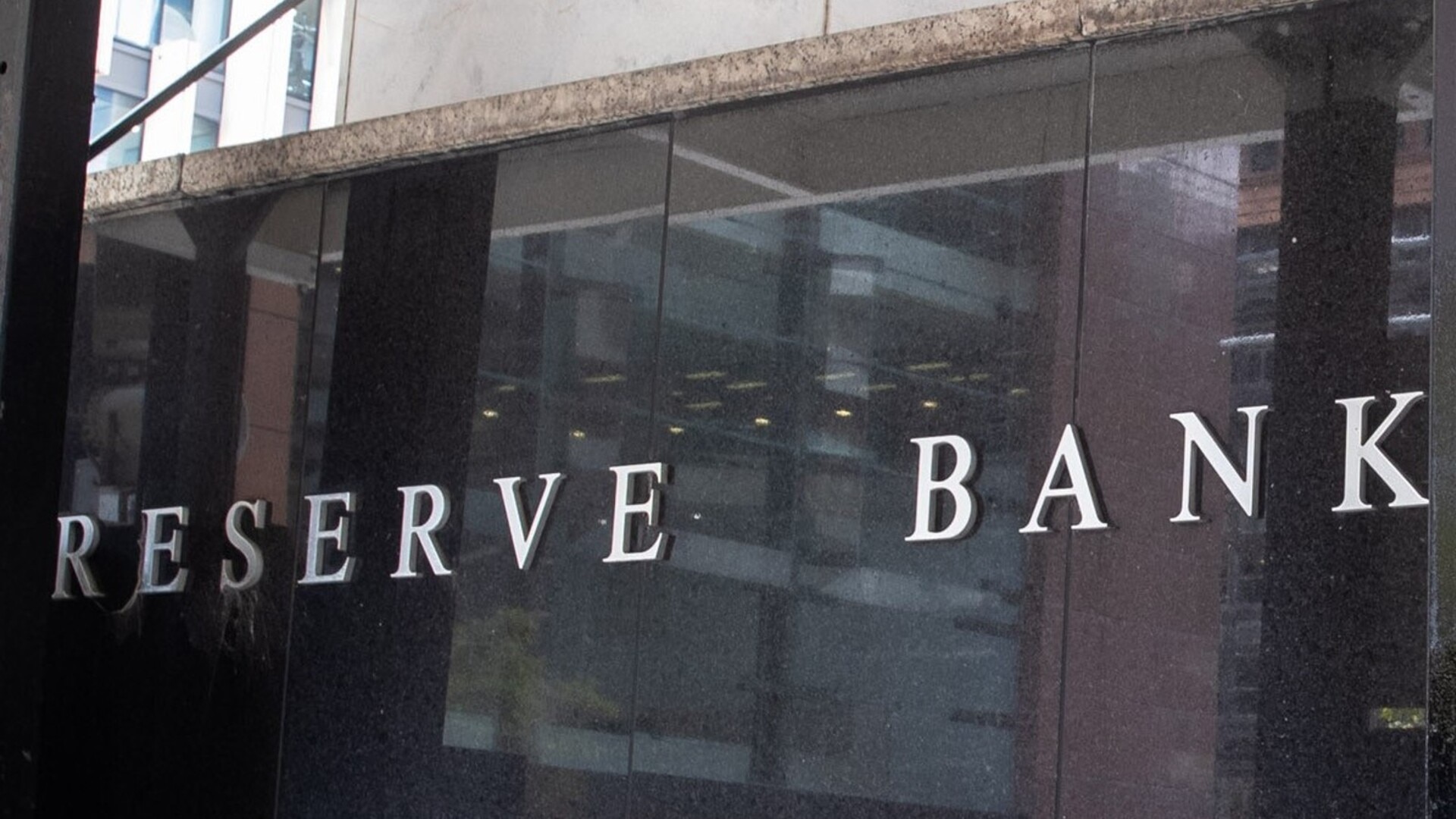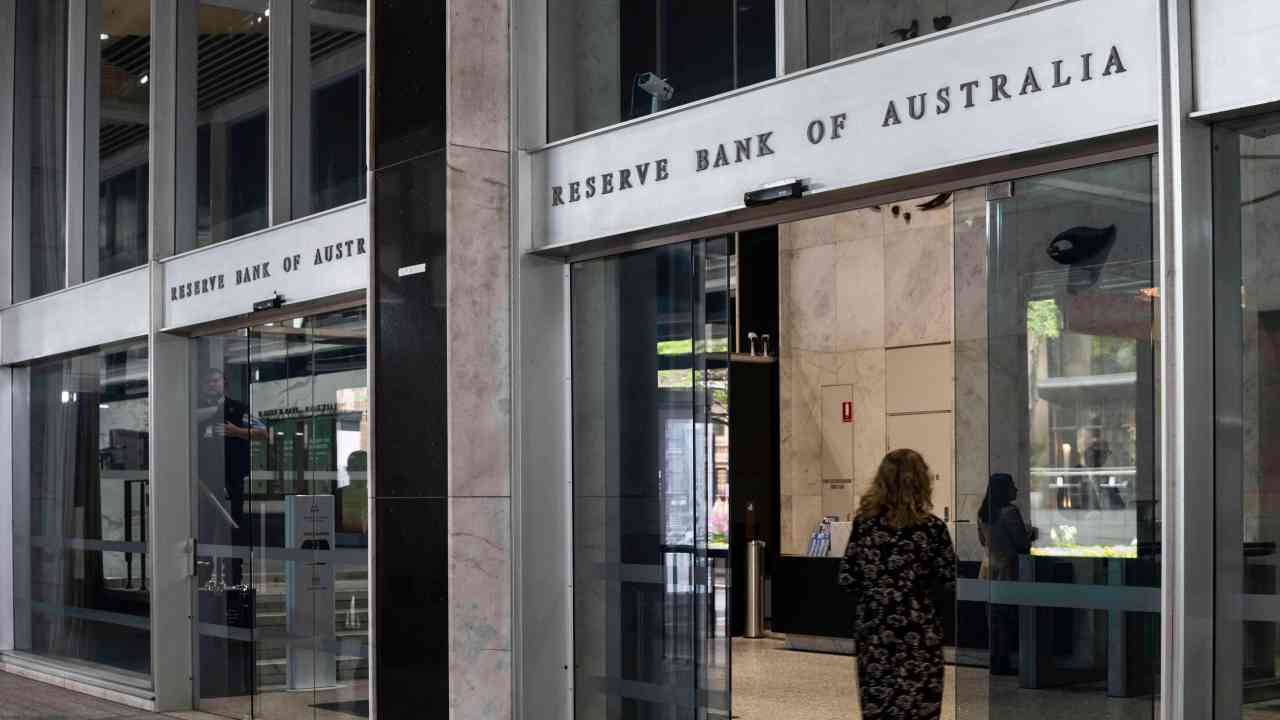A leading economist has disagreed with the Reserve Bank of Australia’s recent decision to hold the cash rate after it was revealed the unemployment rate rose in June.
Fresh data from the Australian Bureau of Statistics showed the unemployment rate rose 0.2 per cent to 4.3 per cent after it sat near historic lows following the pandemic.
The unemployment rate is a critical piece of data for the RBA’s cash rate decision, and a rise would typically mean the central bank would lower rates.
After the central bank held the cash rate at 3.85 per cent, despite money markets overwhelmingly factoring in a 0.25 per cent cut, many lashed out over the shock decision.
The fresh jobs data led to heightened backlash, with KPMG’s chief economist Brendan Rynne joining the chorus during an appearance on Sky News Business Now.
“I think they made a mistake in keeping the cash rate at 3.85 per cent,” Mr Rynne said.
“The risk associated with dropping that cash rate down – in terms of getting an inflation bounce compared to providing some support into the private side of the economy – we think that risk trade-off is one that should have been associated with the dropping the cash rate down to 3.6 per cent.
“In the next meeting, we know that the Reserve Bank was saying it’s not a matter of if rates are going to drop, it’s just going to be a matter when rates drop.
“We fully expect now that 25 basis points to come off at the next meetings.”
After holding the rate earlier this month, RBA governor Michele Bullock said the decision was due to “timing” as it awaited further data on inflation.
“The board decided to wait a few weeks to confirm that we’re still on track to meet our inflation and employment objectives,” she told reporters after the decision.
Mr Rynne predicted annual trimmed mean inflation – the middle 70 per cent of price changes core to the RBA’s decision – would come in a 2.5 per cent for the June quarter, which is in the RBA’s target band.
He did forecast headline inflation – which examines everything in the ABS’ consumer price index – will shift as government rebates phase out.

“Headline inflation will bounce over the remainder of this year, coming back up a little as the full effect of the electricity rebates and cost of living rebates start to roll off,”
“Notwithstanding those, we do think that that inflation is still pretty weak, particularly goods inflation, and it’s going to be that further rolling off of services inflation that’s going bring it down in total.”
If the RBA had cut rates in July, it would have been the first consecutive rate cut since the central bank delivered an emergency cut in 2020 during the onset of the pandemic.
Every major bank forecasted a 25 basis point cut in July while money markets at one pointed priced in a 99 per cent chance of a cut.
If the RBA is to cut rates in August, it will be the third rate cut this year and will bring the cash rate down to 3.6 per cent.

